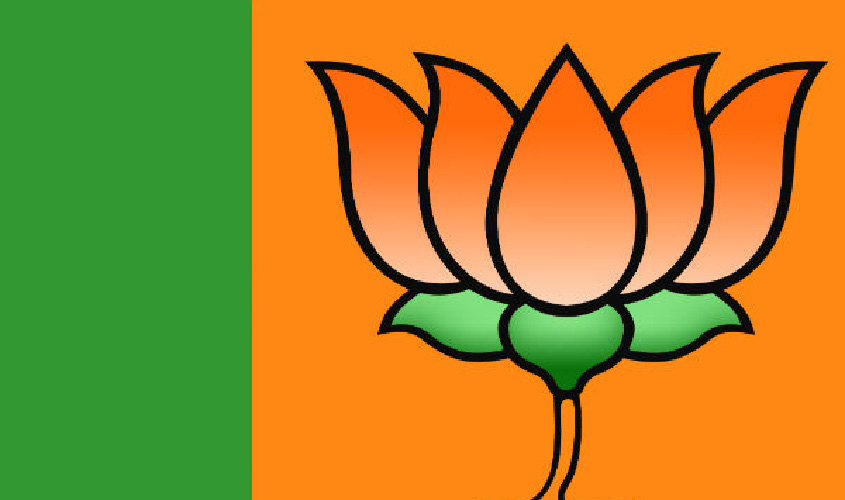Analysts say the BJP has very little stakes in Tamil Nadu but it cannot afford to upset the people in Karnataka.
The BJP led Centre will most likely excuse itself from framing a draft Cauvery management scheme, as mandated by the Supreme Court with a 3 May deadline, to avert a political self-goal in Karnataka, experts told The Sunday Guardian.
A senior Bangalore-based political commentator told this newspaper that the “BJP will not implement the court directive at all”. “The Centre may move court seeking relaxation of the deadline, given elections in Karnataka are scheduled for 12 May, or it may cite the ongoing violent protests in Tamil Nadu as a reason to justify the time is not appropriate to act,” the commentator said, requesting not to be quoted.
He said that the Cauvery water sharing issue is a very sensitive issue for both Karnataka and Tamil Nadu and the government decision is not going to be easy.
The Supreme Court on 9 April had asked the Centre to implement its 16 February judgement on water distribution among Tamil Nadu, Karnataka and other states. It had given the Centre a 3 May deadline, while also pointing out its displeasure at the Centre’s inaction despite clear directive for setting up the scheme within six weeks.
The 16 February judgement of the SC said that Karnataka would release 177.25 tmcft of Cauvery water to Tamil Nadu from its inter-state Biligundlu dam, while increasing the upper riparian state’s share by 14.75 tmcft water per year. Tamil Nadu, the lower riparian, got 404.25 tmcft, 14.75 tmcft less than what the Cauvery Water Dispute Tribunal had allotted it in 2007. At the time, Karnataka had got a share of 270 tmcft water per year, which would now increase to 284.75 tmcft.
The Cauvery water dispute originated around the time the 1924 agreement signed between Madras Presidency and the Princely State of Mysore ended in 1974. In a major development in May 1990, the SC directed the Centre to constitute the Cauvery Water Dispute Tribunal, a demand Tamil Nadu had been pushing for two decades by that time.
In February 2007, the Tribunal gave its final award. Among other things, the Cauvery Water Management Body was envisaged, an independent body that would be vested with the powers to decide all issues concerning Cauvery, its water flow, release of its water etc. Former Chief Minister of Tamil Nadu J. Jayalalitha was instrumental in getting the final award of the Tribunal published after she sat on a fast demanding it.
There is a marked resentment in Karnataka to the setting up of the CWMB as it would divest the satte of its existing discretion on the waters of Cauvery.
Political commentators believe it would be suicidal for the BJP in Karnataka if it sets up the CWMB against the wishes of its people, especially at election time.
Analysts say the BJP has very little stakes in Tamil Nadu but it cannot afford to upset the people in Karnataka, a state where it is endeavouring to return to power.
But protests have already swelled in Tamil Nadu, where Prime Minister Narendra Modi went to attend a defence expo on Thursday at Mahabalipurum. A source from Tamil Nadu said that “although the original plan was to travel by car from Chennai, following the massive protests, PM Modi was forced to take a chopper from a helipad at IIT Chennai.
The source said “a wall of the IIT Chennai had to be demolished for PM Modi’s through-campus entry into Adyar cancer Institute, wher he attended another programme, as travelling by the Sardar Patel Road to get to the venue was not conceivable, given the unprecedented protests”.
The film industry in Tamil Nadu too has come out in vocal condemnation of the Centre and are demanding the immediate setting up of the CWMB. Most pressing among them have been Rajinikanth and Kamal Haasan, both of whom have recently launched their political innings.
However, political commentators are of the view that an all-court route was not the most apt choice to deal with this sensitive issue.
The Bangalore based commentator said: “This could have been politically negotiated between the two states.”
A senior journalist from Mangalore, who has covered the state’s politics for long, said: “the Cauvery issue itself has got entangled into many other issues. The larger issues that have emerged are language issues, identity issue, the growing resentment against Tamils living in Bangalore, among other things. These are being played up in illogical ways, further complicating matters between the two states.”

